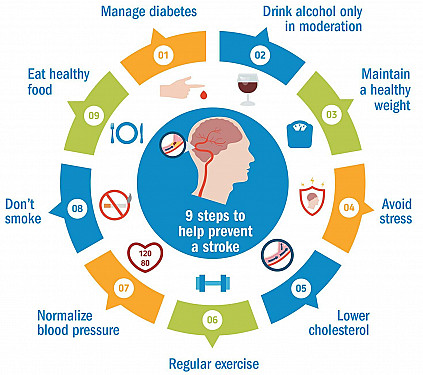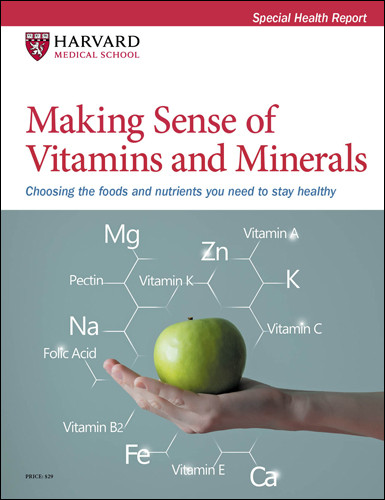Treating low vitamin D levels may help people live longer
In the journals
It's well established that having a low level of vitamin D can lead to bone disease, like rickets in children and osteoporosis in adults. But it may also increase the risks for heart attack and premature death.
The Endocrine Society defines vitamin D deficiency as a blood level of less than 20 nanograms per milliliter (ng/mL), while vitamin D insufficiency is 21 to 29 ng/mL. Optimal levels are 30 to 100 ng/mL.
In a study published in October 2021 in The Journal of the Endocrine Society, researchers identified 19,092 people who showed vitamin D deficiency on at least two tests and who'd never had a heart attack. Everyone was divided into three groups. People in group A were not treated, and their blood levels remained below 20 ng/mL. Those in group B received vitamin D supplements that raised their levels into the range of 21 to 29 ng/mL. Those in group C took enough supplements to raise their levels to 30 ng/mL or higher.
The researchers found the risk of heart attack was lower in group C than in both of the other groups. However, people in groups B and C (who all took supplements) had a lower risk of death from any cause than those in group A, who remained deficient in vitamin D. The connection? Other evidence has linked low blood levels of vitamin D to cardiovascular risk factors, such as high blood pressure, diabetes, obesity, and chronic kidney disease.
Image: welcomeinside/Getty Images
About the Author

Matthew Solan, Former Executive Editor, Harvard Men's Health Watch
Disclaimer:
As a service to our readers, Harvard Health Publishing provides access to our library of archived content. Please note the date of last review or update on all articles.
No content on this site, regardless of date, should ever be used as a substitute for direct medical advice from your doctor or other qualified clinician.

















